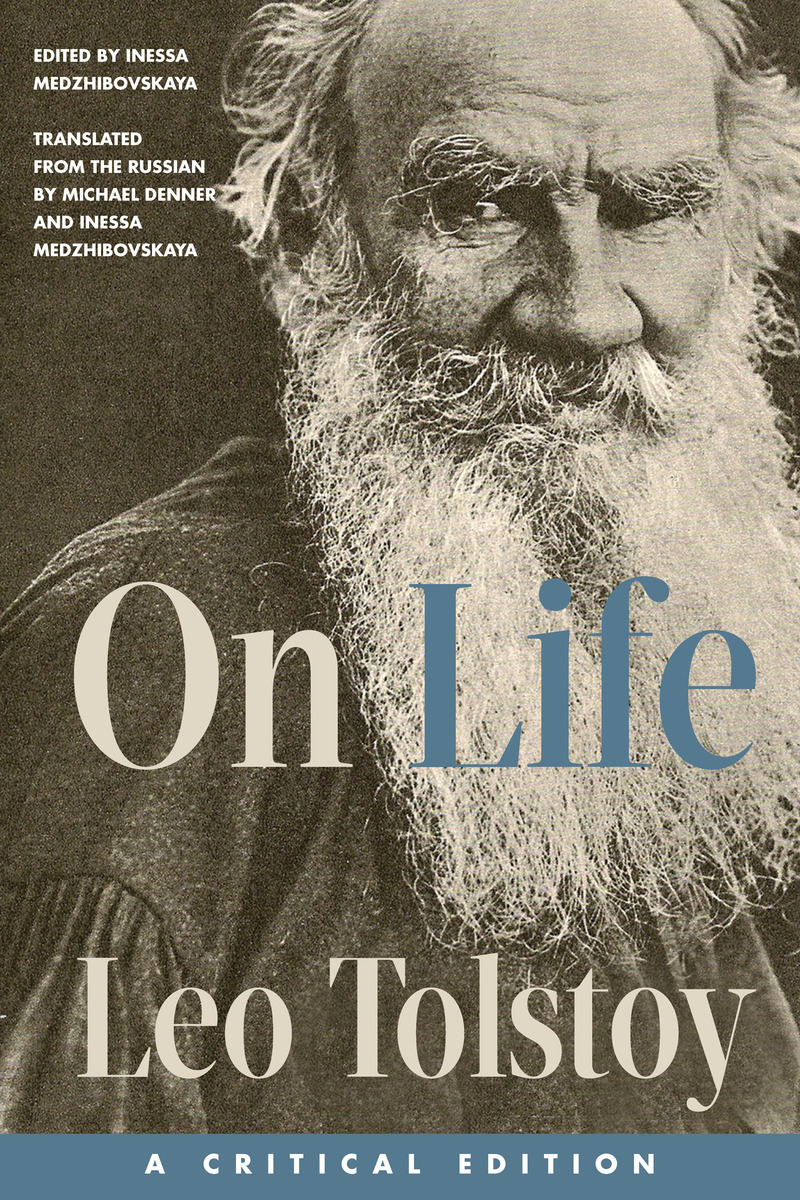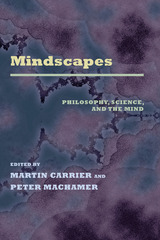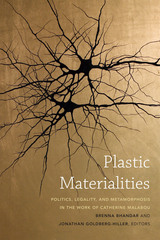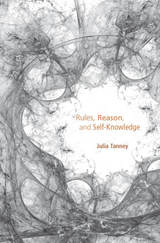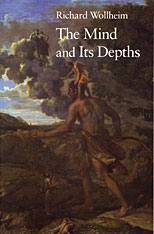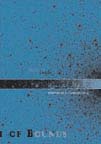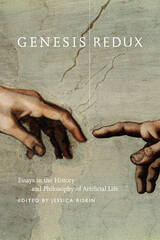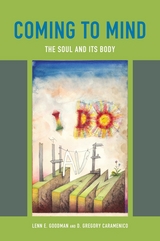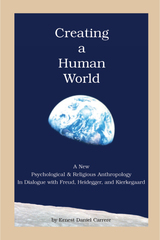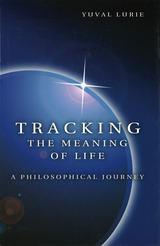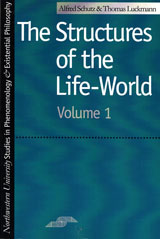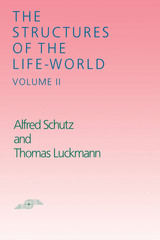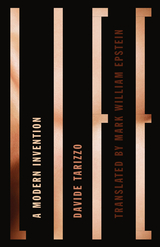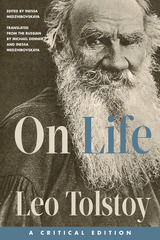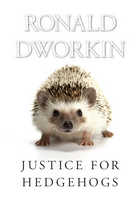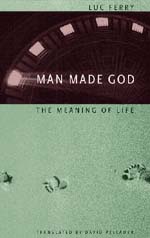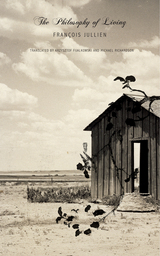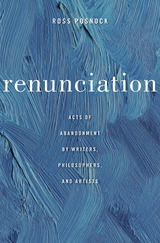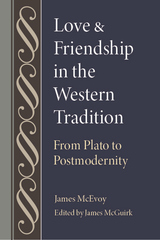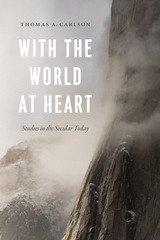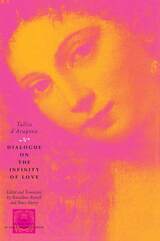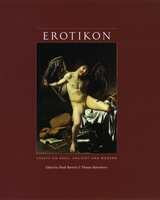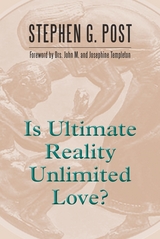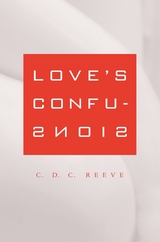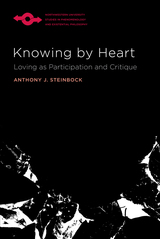On Life: A Critical Edition
Northwestern University Press, 2019
Cloth: 978-0-8101-3804-9 | eISBN: 978-0-8101-3805-6 | Paper: 978-0-8101-3803-2
Library of Congress Classification BD431.T5613 2019
Dewey Decimal Classification 128
Cloth: 978-0-8101-3804-9 | eISBN: 978-0-8101-3805-6 | Paper: 978-0-8101-3803-2
Library of Congress Classification BD431.T5613 2019
Dewey Decimal Classification 128
ABOUT THIS BOOK | AUTHOR BIOGRAPHY | REVIEWS | TOC | REQUEST ACCESSIBLE FILE
ABOUT THIS BOOK
In the summer of 1886, shortly before his fifty-eighth birthday, Leo Tolstoy was seriously injured while working in the fields of his estate. Bedridden for over two months, Tolstoy began writing a meditation on death and dying that soon developed into a philosophical treatise on life, death, love, and the overcoming of pessimism. Although begun as an account of how one man encounters and laments his death and makes this death his own, the final work, On Life, describes the optimal life in which we can all be happy despite our mortality.
After its completion, On Life was suppressed by the tsars, attacked by the hierarchs of the Russian Orthodox Church, and then censored by the Stalinist regime. This critical edition is the first accurate translation of this unsung classic of Russian thought into English, based on a study of manuscript pages of Tolstoy's drafts, and the first scholarly edition of this work in any language. It includes a detailed introduction and annotations, as well as historical material, such as early drafts, documents related to the presentation of an early version at the Moscow Psychological Society, and responses to the work by philosophers, religious leaders, journalists, and ordinary readers of Tolstoy's day.
After its completion, On Life was suppressed by the tsars, attacked by the hierarchs of the Russian Orthodox Church, and then censored by the Stalinist regime. This critical edition is the first accurate translation of this unsung classic of Russian thought into English, based on a study of manuscript pages of Tolstoy's drafts, and the first scholarly edition of this work in any language. It includes a detailed introduction and annotations, as well as historical material, such as early drafts, documents related to the presentation of an early version at the Moscow Psychological Society, and responses to the work by philosophers, religious leaders, journalists, and ordinary readers of Tolstoy's day.
See other books on: Critical Edition | Denner, Michael A. | Medzhibovskaya, Inessa | Metaphysics | Tolstoy, Leo
See other titles from Northwestern University Press
